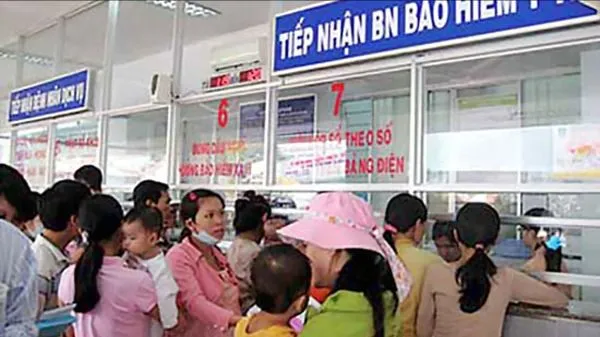
Specifically: People can get medical examination and treatment at home, remotely - and paid by health insurance: For the first time, health insurance will pay for medical examination and treatment services at home, remotely, including medicine, medical supplies and reasonable transportation costs in cases of emergency referral or inpatient treatment. This is a very humane step, especially for the elderly, people with chronic diseases, people with disabilities, or residents in remote areas far from the center.
100% co-payment exemption after 5 years of continuous participation: From July 1, people who have participated in health insurance for 5 consecutive years will have the health insurance fund pay all costs (within the scope of benefits) if the co-payment costs in the year exceed 6 times the reference level (14.04 million VND). This policy clearly shows gratitude to long-term participants and encourages people to maintain their health insurance cards continuously and responsibly.
People with serious or rare diseases do not need to go through the referral process: A very humane new point is that from July 1, people with serious or rare diseases will have their medical examination and treatment costs at specialized facilities fully covered by health insurance without having to go through the administrative procedures as before. This change helps reduce hassle, shorten waiting times, improve treatment efficiency and ensure maximum benefits for patients in the most difficult circumstances.
Removing administrative boundary barriers when registering for health insurance: Previously, many people with long-term temporary residence in other places still had to return to their original health insurance registration place to receive medical examination and treatment at the right place, causing expense and inconvenience. From July 1, people who have declared temporary residence for 30 days or more in the new locality will receive medical examination and treatment at the right place of residence, without having to return to their original registration place. This new regulation is consistent with the current reality of labor migration, study and work of the people, and at the same time creates great convenience in accessing timely and appropriate medical services.
Stronger support for vulnerable groups: From July 1, more vulnerable groups in society will be supported to participate in health insurance, such as village health workers, part-time workers in villages and residential groups, folk artists and excellent artists, and victims of human trafficking. In addition, many groups will be granted completely free health insurance cards, such as regular militia, people aged 70-75 from near-poor households receiving monthly survivor benefits, people receiving social pensions, workers who have reached retirement age but are not yet eligible for pensions, etc. This is a clear demonstration of a humane policy, covering and protecting vulnerable groups, creating conditions for fair access to health care for all people.
Families participating in health insurance – reducing costs according to quantity: In addition to the expansion of benefits, the policy of paying health insurance for households also has more flexible adjustments. Accordingly, the contribution level of each member in the household will gradually decrease according to the number of participants: the second person pays 70% of the contribution level of the first person, the third person pays 60%, the fourth person pays 50% and from the fifth person onwards it is only 40%, helping to reduce the financial burden – especially in rural areas and large families.
Simple procedures – automatic data connection: Just need to declare temporary residence, stay in accordance with regulations and have a citizen identification card, people can quickly have their place of residence determined, receive an electronic health insurance card, waiting time to receive benefits is reduced to 30 days. This is a step forward in administrative procedure reform.
According to the Ho Chi Minh City Department of Health, the health insurance policy system that took effect from July 1 is a breakthrough in terms of scope, subjects, benefits and support mechanisms.
People can enjoy many new services such as medical examination and treatment at home, treatment of serious illnesses at specialized hospitals without referral, reduced family contribution and especially 100% cost benefit if participating in health insurance continuously for 5 years or more. All of these show that health insurance is not only a financial tool but also a sustainable "shield" of social security, accompanying people in health care.
The implementation of new health insurance policies from July 1st brings many practical benefits, but also poses many challenges that require careful and synchronous preparation. First of all, the information technology system needs to be comprehensively upgraded to meet the requirements of connecting population data, issuing identification codes and making electronic payments safely and accurately.
In addition, medical facilities, especially at the grassroots level, need to enhance their professional capacity and supplement appropriate human resources to effectively implement medical examination and treatment services at all levels of technical expertise, especially in the context of a possible increase in the number of medical examinations and treatments due to the elimination of administrative boundaries - completely new contents in this policy.
At the same time, communication work needs to be promoted in a broad and easy-to-understand manner to avoid people misunderstanding or missing out on benefits due to lack of accurate and complete information. These are key factors that determine the success of the policy implementation process in practice.
According to Social Insurance Region 27, the reorganization of district-level administrative units does not change the health insurance benefits of health insurance cardholders. District hospitals can change their names to be more suitable and operate normally, continuing to receive, treat and pay health insurance as they do now. Health insurance cardholders who register at the district level will still enjoy full benefits according to regulations.
People do not need to change their health insurance cards, do not need to worry about transferring lines or losing benefits.
Source: https://www.sggp.org.vn/tu-hom-nay-1-7-bai-bo-rao-can-dia-gioi-hanh-chinh-khi-dang-ky-kham-chua-benh-bao-hiem-y-te-post801915.html



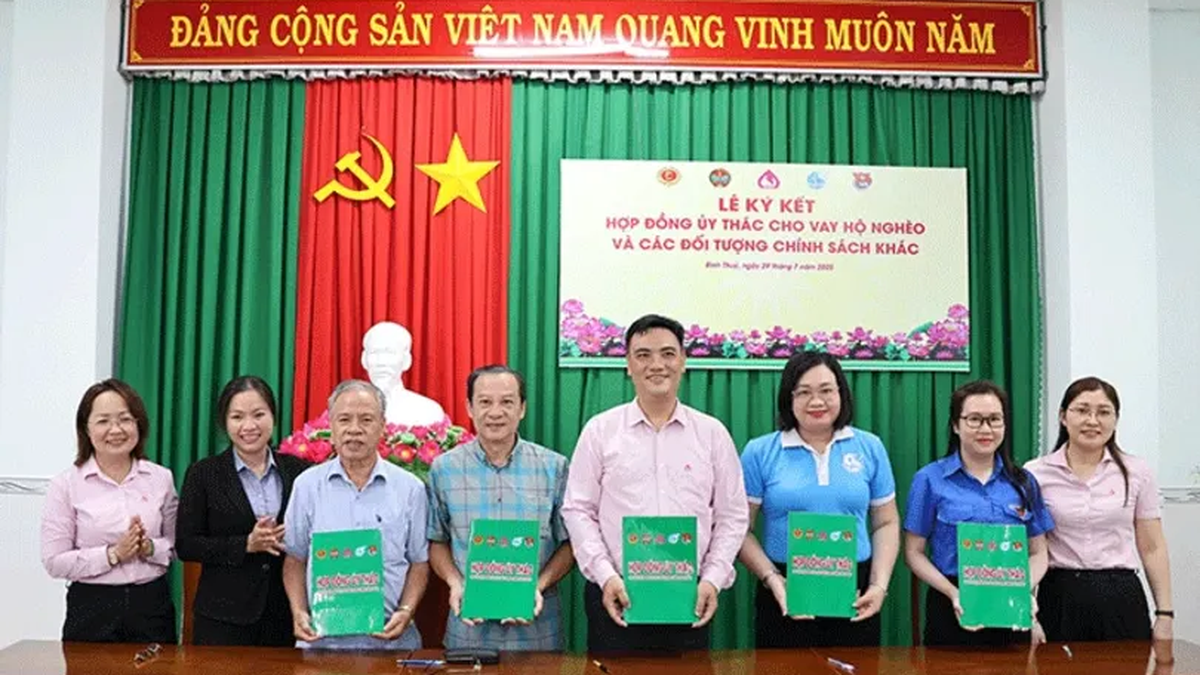




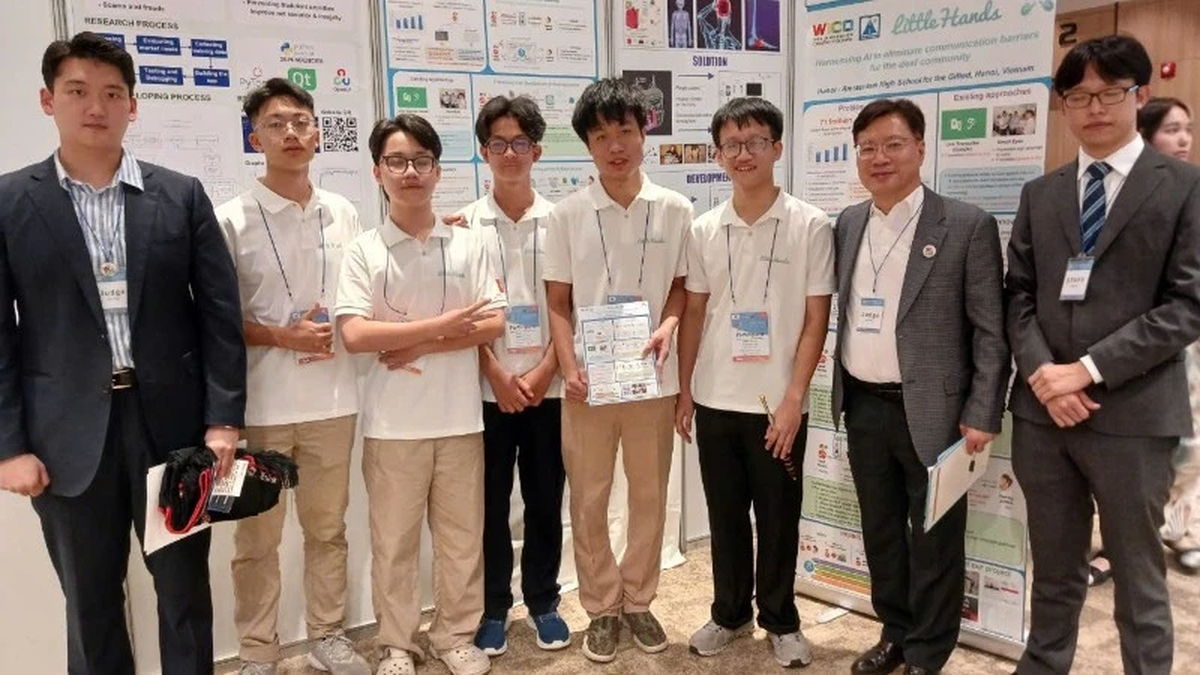















![[Photo] National Assembly Chairman attends the seminar "Building and operating an international financial center and recommendations for Vietnam"](https://vphoto.vietnam.vn/thumb/1200x675/vietnam/resource/IMAGE/2025/7/28/76393436936e457db31ec84433289f72)





















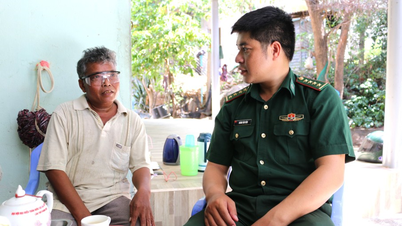















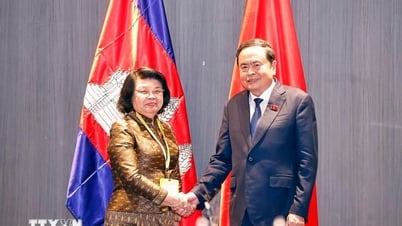


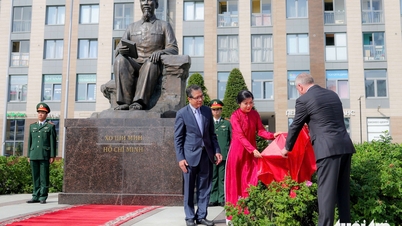

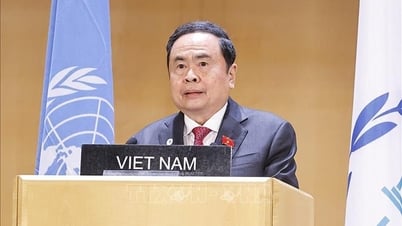





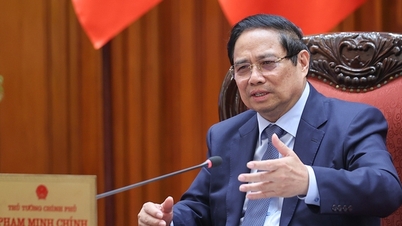











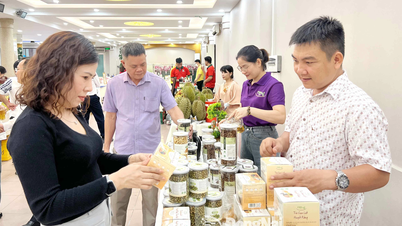









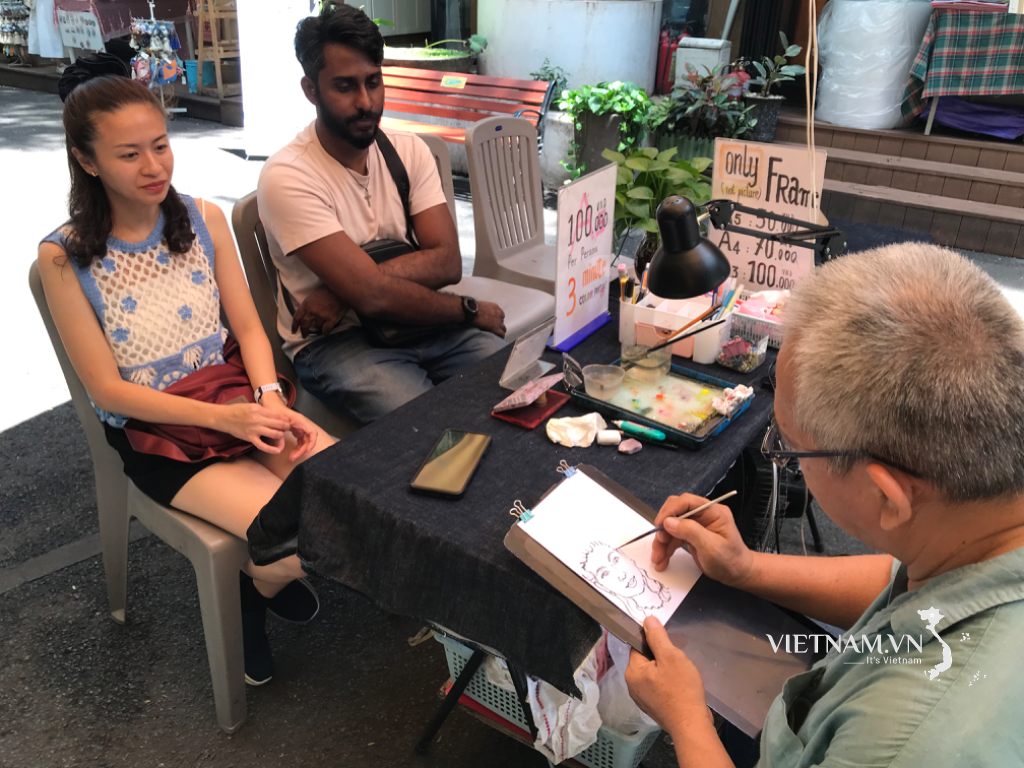

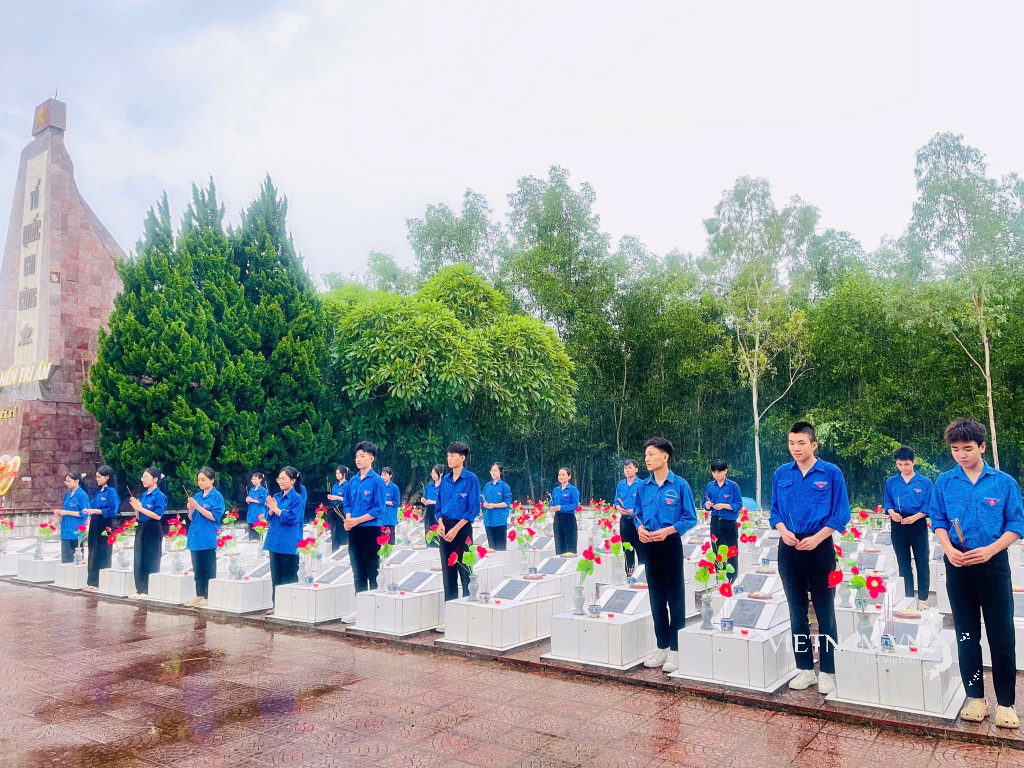
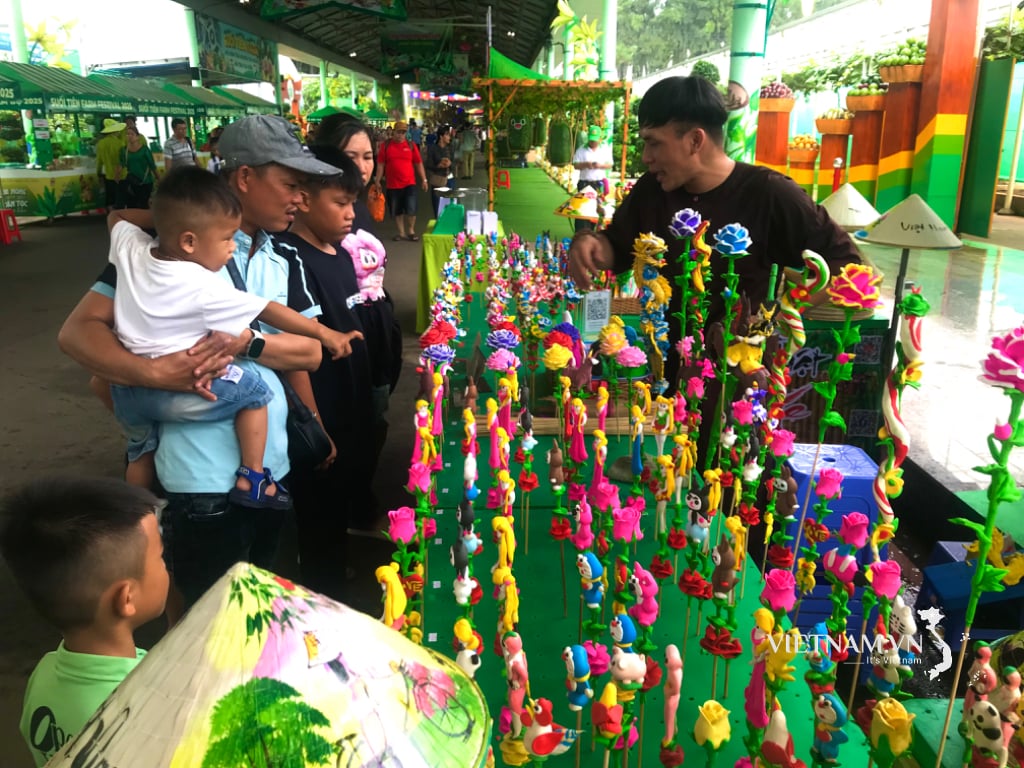
Comment (0)